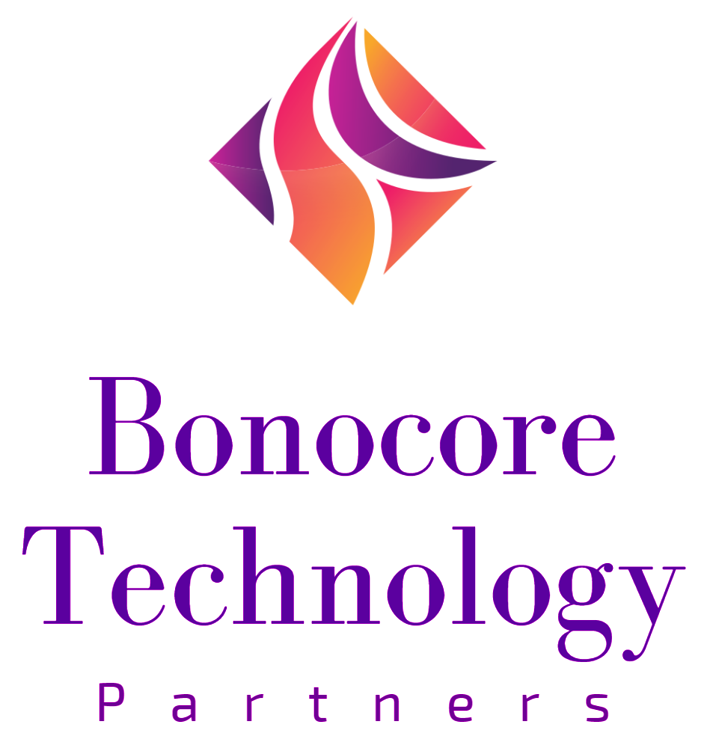Topic: Managing Change in a Knowledge Based Economy by:
Joseph J. Bonocore (jbonocore@bonocore.com )
President & CEO, Bonocore Technology Partners
Joe presented on “Managing Change n a "Knowledge Based Economy” at a recent meeting of APICS Chapter in Idaho. To hear the presentation please visit; https://soundcloud.com/user-523649815/ep-1-managing-change or check out the notes from Joe’s speech below for an excellent summary:
1. Rapid change is happening in all industries and in all disciplines (one of the most significant: supply chain management;
2. Leading causes of this change is growth in artificial intelligence and ease of adoption (credit cards);
3. According to a number of studies, 40% of today’s jobs will disappear by the year 2030: blue collar as well as white collar;
4. The 60% remaining will be either knowledge workers who know how to manage the new processes or those capable of managing the change process;
5. Demand for people who can management change in this new marketplace is increasing significantly each year in all industries and disciplines as new technologies are being developed;
6. However, being a true change manager requires following a proven method to limit mistakes, reduce time to implement, and add discipline to the process;
7. A process I use in working with many international corporations is both time- tested and proven effective.
8. This nine- step process is:
a. Understand
i. Gather Information: too many teams rush to defining a problem and do not understand;
ii. Clarify the real problem (not symptom); and
iii. Explore range of options/solutions
b. Imagine
i. Look at environment and signs from the marketplace;
ii. Narrow down options; and
iii. Choose high priority solution.
c. Act
i. Develop a change management roadmap;
ii. Gain commitment; and
iii. Implement roadmap

